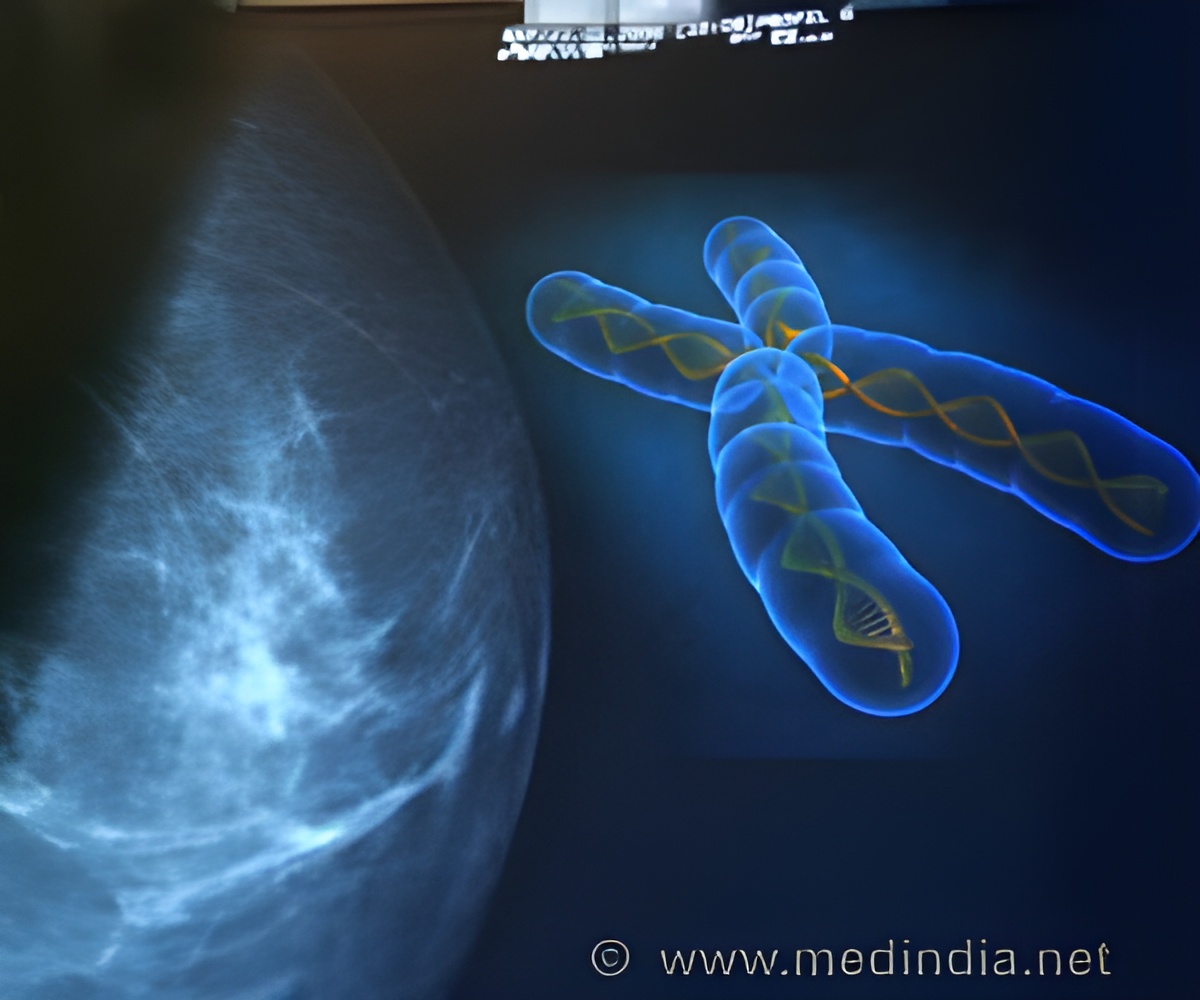In high-risk breast cancer patients, addition of the erythropoiesis-stimulating agent (ESA) epoetin alfa to the chemotherapy regimen may help avoid the decrease in hemoglobin levels.

To investigate the safety and efficacy of epoetin alfa, Volker Moebus, M.D., of the Department of Gynecology and Obstetrics, at the Klinikum Frankfurt Höchst in Frankfurt, Germany, and colleagues, conducted a second randomized study of patients in the intense dose-dense (IDD) chemotherapy arm of the AGO-ETC trial. Of 643 patients receiving the sequential chemotherapy regimen of epirubicin, paclitaxel, and cyclophosphamide, 324 were randomly assigned to receive the ESA epoetin alfa and 319 were assigned to the non-ESA group. The authors compared change in hemoglobin level, percentage of subjects requiring red blood cell (RBC) transfusion, incidence of thrombotic events, and, after a median follow-up of 62 months, OS, RFS and intra-mammary relapse in the two groups.
The researchers found that the patients in the non-ESA group had statistically significant reduction in hemoglobin levels and required more RBC transfusions than those in the ESA treatment group (28.1% vs 12.8%). ESA treatment had no impact on OS, RFS or intra-mammary relapse. However, patients treated with epoetin alfa were approximately twice as likely to experience thrombotic events compared with patients in the non-ESA group (7% vs 3%). The authors conclude that "…ESAs appear to be safe drugs for the treatment of chemotherapy-induced anemia in patients with IDD chemotherapy regimens."
In an accompanying editorial, Chau Dang, M.D., Clifford Hudis, M.D., and Larry Norton, M.D., of the Memorial Sloan-Kettering Cancer Center in NY, write that the study of Moebus et al. "provides important evidence that ESAs may be safe in the curative treatment of cancer." However, they cite some limitations of the study, ie, a much larger sample size would be needed to unequivocally conclude that epoetin alfa had no effect on OS or RFS; the still unacceptably high transfusion rate (13%) in the ESA group; the high cost of ESAs given that they do not improve OS or RFS, and the approximately two-fold rate of thromboembolic events in the ESA group.
In a second editorial, Brian Leyland-Jones, M.B. B.S., Ph.D., of Edith Sanford Breast Cancer Research in SD, attempted to put this article into the context of the significant controversy surrounding this field, in terms of the effect of ESAs on overall survival, tumor progression and risk of thrombosis. He especially focused on trials where ESAs were prescribed within label. He noted that these drugs are powerful pharmacological tools, and in an era dominated by personalized medicine, should be prescribed according to individualized risk-benefit ratio.
Source-Eurekalert















